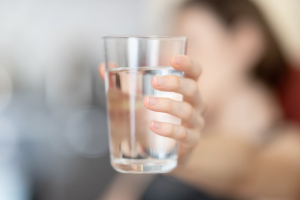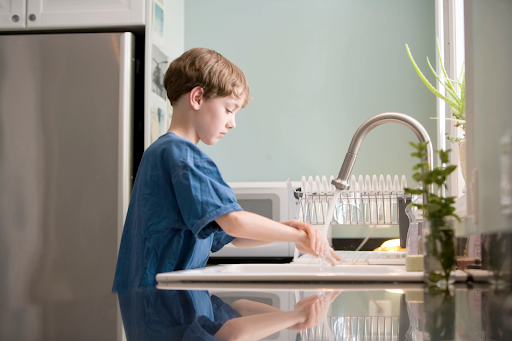It’s hard to read any article or book on health without running into the idea that you should be drinking more water as it’s essential to pretty much every function your body has. The opposite of drinking enough water is dehydration. Dehydration is a state in which you are using or losing more fluids than you’re taking in, resulting in your body being able to carry out its standard functions. Symptoms may include confusion, extreme thirst, dizziness, and fatigue.
All this being said, many people don’t know that drinking lots of water can also come with harm and risks of serious chronic illness. This is because the vast majority of accessible water (the water provided by your local municipality, for instance) is rife with toxins and contaminants.
The following will explore a few of the major issues with city water in an attempt to reveal how valuable water filtration systems are.
A Caveat Regarding Variance
Of course, the water in every place isn’t necessarily the same. It’s a good idea to get the water in your home tested as there might be problems particular to your area that you want to be aware of. Testing your water is especially important if you notice a bad taste, smell, or color in your tap water or if you find yourself getting headaches after drinking your water.
You can also request a copy of your city’s annual water quality report. This is something that has been mandated by law to be available.
Hard Water Considerations
In addition to the likelihood that your municipally-provided tap water is rife with chemicals that increase your risk of certain cancers and disrupt your endocrine system, you also need to think about the hardness of your water. Hard water is water that contains more magnesium and/or more calcium. Soft water contains less of these minerals. While these minerals are good for your body, they’re often terrible for your pipes as the minerals can deposit onto your plumbing, causing a decrease in water heater efficiency, clogs, and other problems. You may need to look into purchasing a water softener system if you notice that your soap is hard to rinse off dishes or your body. Also, if your hair feels dull or stiff after washing, you notice water spots on dishes or windows, or your clothes are developing a yellowish or grey tint after being washed a few times.
Breakouts and skin irritation are also possible as hard water can leave soap residue on your skin which traps bacteria onto the surface of your skin, disrupting the natural microflora balance on your skin. Sometimes skin problems are actually water problems.
What Happens To Water?
Before water comes out of your tap, it goes through treatment to make it ‘safe’ to drink. Largely, government agencies are good at removing bacteria and water-borne diseases. This being said, the treatment often leaves chemicals like chlorine and aluminum sulfate in the water. There are also weaknesses in the standard water treatment processes that allow pesticides, herbicides, pharmaceutical drugs like SSRIs and birth control, and microplastics to remain in the water. All of these can have negative impacts on your health. There are also other potential issues that aren’t seriously worrisome for your health but can damage your plumbing or mess with your skin and hair.

The Issue Of Unregulated Chemicals
When large studies are done on tap water across America, there are usually a few hundred contaminants found. Most recently, there were 260 contaminants found by the Environmental Working Group (EWG). Of those 260 contaminants, 141 were what’s called unregulated chemicals. These are chemicals that public health boards haven’t addressed or provided any safety standards.
Many people think that drinking bottled water is the ideal solution to this issue, but it isn’t. Not only does bottled water contain a ton of microplastics (which disrupt your hormones, negatively influencing fertility, mood, sleep, weight gain, appetite, and cosmetic things like skin clarity), but studies have found that 30% of bottled water actually comes straight from municipal tap water systems. Terrifyingly, bottled water companies are also required to test their water less frequently than tap water providers.
The above information should have drawn your attention to the myriad of problems your water could have. Again, it’s a good idea to get your water tested so that you know what specifically you’re dealing with. This is going to help you figure out what filtration system you need in your home. It can be a little scary at first to realize how troublesome most people’s water is, but it can also be freeing to know that you’re taking control of your health.























